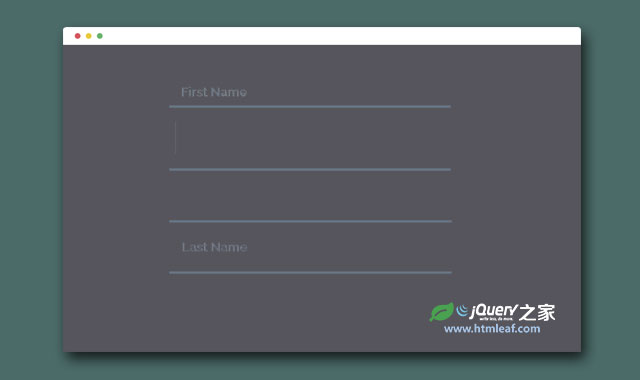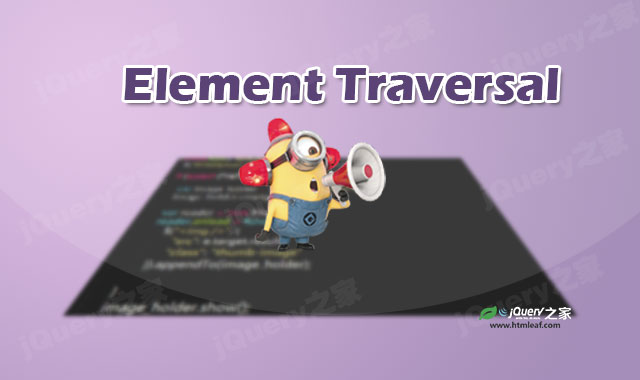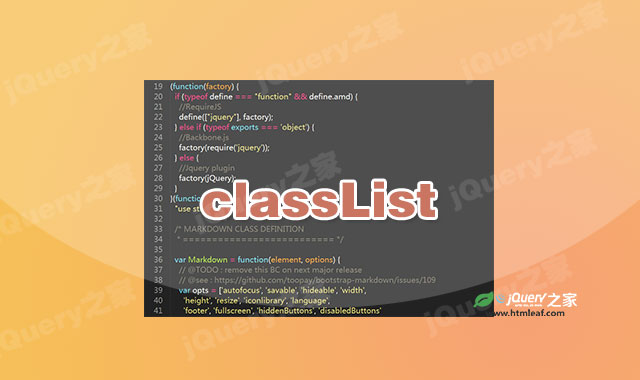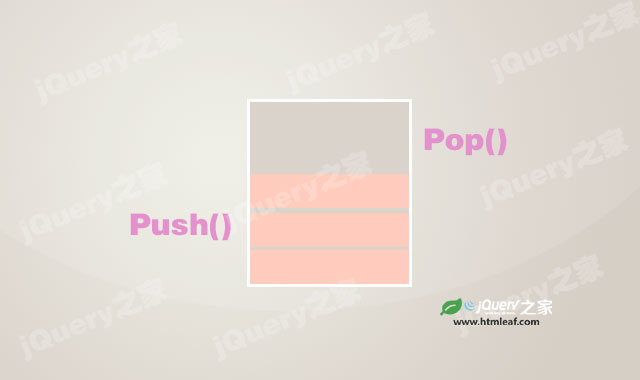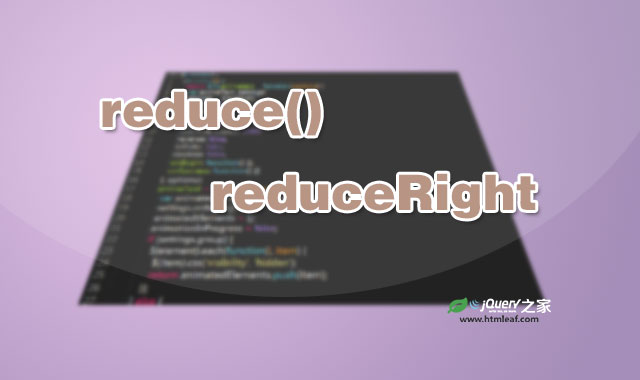TheaterJS是一款模拟打字机效果的js打字机效果插件。
使用方法
可以使用下面的js代码来调用TheaterJS制作打字机效果:
var theater = new TheaterJS();
theater
.describe("Vader", .8, "#vader")
.describe("Luke", .6, "#luke");
theater
.write("Vader:Luke.", 600)
.write("Luke:What?", 400)
.write("Vader:I am...", 400, " your father.");
theater
.on("say:start, erase:start", function () {
// add blinking caret
})
.on("say:end, erase:end", function () {
// remove blinking caret
})
.on("*", function () {
// do something
});
多重角色
使用TheaterJS,你可以建立多个角色,每个角色都有自己的“经验”,它们使用这些“经验”可以互相“交谈”。
theater.describe("Vader", .8, "#vader");
上面的代码描述了一个新的角色,名字叫“Vader”,它的“经验”值为0.8(必须是0-1之间),它的voice是“#vader”。voice将用于打印的文字,Vader是一个html元素。
voice可以是两种类型:
- 一个HTML元素(或一个CSS选择器),元素的
innerHTML将被用于设置voice。 - 用4个参数调用的函数:
- newValue:新的speech值。
- newChar:新的打印字符。
- prevChar:前一个字符。
- speech:所有的speech。
注意:当TheaterJS调用了这些函数,上下文this被设置为当前对象。
创作剧本
TheaterJS实际上是在创建一个剧本。
theater
.write("Vader:I am your father.")
.write(" For real....")
.write(-1)
.write(600)
.write(function () { /* do something */ });
注意:write方法接收不定数量的参数。
theater
.write("Vader:Hello!")
.write("How are you doing?");
等效于
theater.write("Vader:Hello!", "How are you doing?");
设置 actor 和 speech
theater.write("Vader:I am your father.");
write方法的参数是以角色的名字为前缀的字符串。它实际上添加了三个场景:
| 场景名称 | 描述 |
| actor | Set the current speaking actor to the passed one. |
| erase | Erase the current speech value. |
| actor | Type the speech. |
场景对象
theater
.write("Vader:I am your father.")
.write(" For real....")
.write(-1)
.write(600)
.write(function () { /* do something */ });
它等效于
theater
.write({ name: "actor", args: ["Vader"] })
.write({ name: "erase", args: [] })
.write({ name: "say", args: ["I am your father."] })
.write({ name: "say", args: [" For real...."] })
.write({ name: "erase", args: [-1] })
.write({ name: "wait", args: [600] })
.write({ name: "call", args: [function () { /* do something */ }] });
事件
TheaterJS有一些内置的事件。
theater
.on("say:start", function (event, args...) {
console.log("a say scene started");
})
.on("say:end", function (event, args...) {
console.log("a say scene ended");
});
在
theater
.on("say:start, erase:start", function (event) {
// add blinking caret
})
.on("say:end, erase:end", function () {
// remove blinking caret
});
如果你想监听所有的事件,使用theater.on("*", function (event, realEvent, args...) {});方法。
公共方法
theater
.emit("scope", "event", ["your", "arguments", "go", "here"])
.emit("customEvent", ["you might not need the event part"]);
emit方法接收三个参数:第一个是作用域,第二个是事件,第三个是参数。
更多详细信息请参考:https://github.com/Zhouzi/TheaterJS





